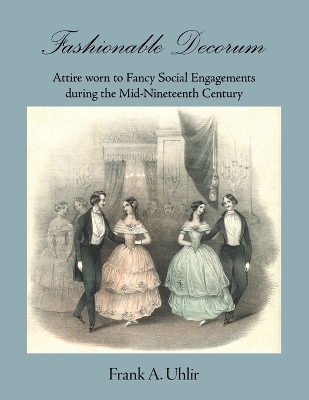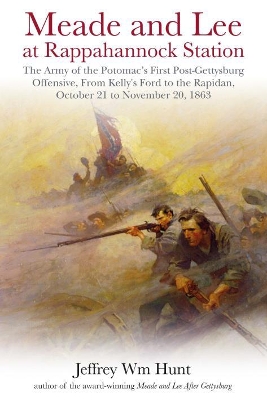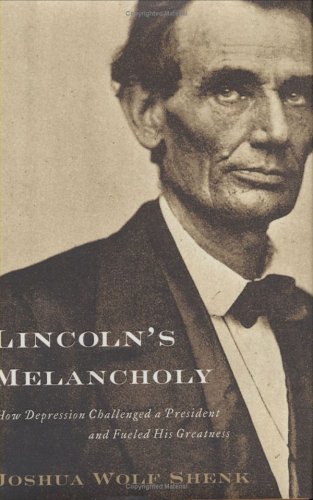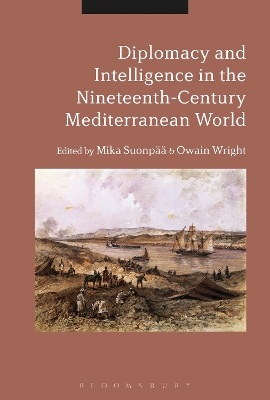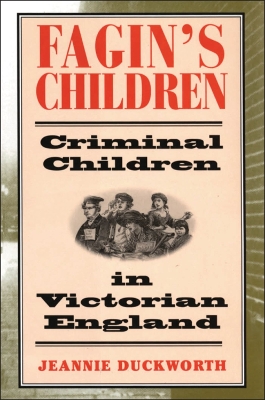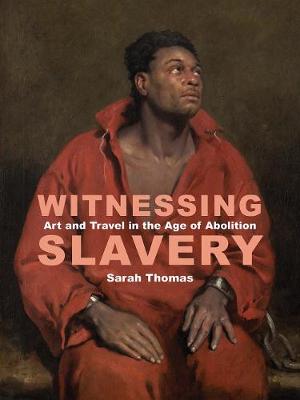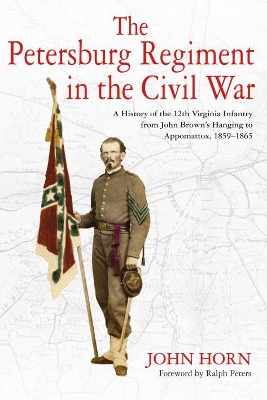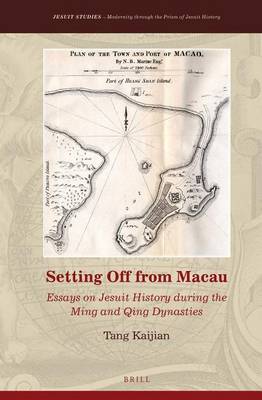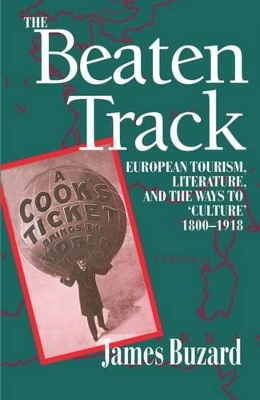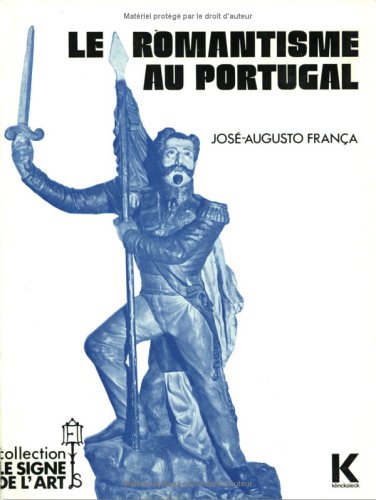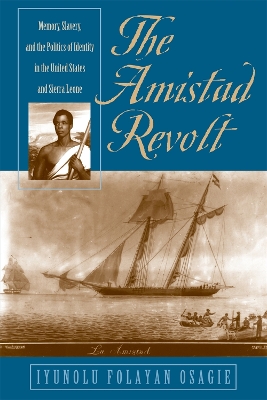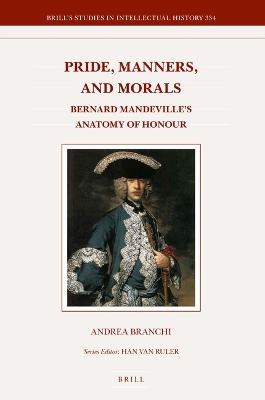Fashionable Decorum Attire worn to Fancy Social Engagements during the Mid-Nineteenth Century
by Frank Uhlir
The cafe is not only a place to enjoy a cup of coffee, it is also a space - distinct from its urban environment - in which to reflect and take part in intellectual debate. Since the eighteenth century in Europe, intellectuals and artists have gathered in cafes to exchange ideas, inspirations and information that has driven the cultural agenda for Europe and the world. Without the cafe, would there have been a Karl Marx or a Jean-Paul Sartre?The cafe as an institutional site has been the subject...
Contrary to popular belief, the Eastern Theater during the late summer and fall of 1863 was anything but inconsequential. Generals George Meade and Robert E. Lee continued where they had left off, boldly maneuvering the chess pieces of war to gain a decisive strategic and tactical advantage. Cavalry actions and pitched battles made it clear to anyone paying attention that the war in Virginia was a long way from having been decided at Gettysburg. This period of the war was the first and only time...
Diplomacy and Intelligence in the Nineteenth-Century Mediterranean World
Diplomacy and Intelligence in the Nineteenth-Century Mediterranean World examines the activities of diplomats in the expansion of their home country's informal imperial ambitions. Taking a comparative approach, the book combines a focus on the extension of the informal British Empire with an exploration of the imperial ambitions of other states, such as France, Austro-Hungary and Japan. The authors combine approaches from diplomatic history, intelligence history and microhistory in order to gi...
Charles Dickens' "Oliver Twist", with Fagin, Sykes, the Artful Dodger and children trained as pickpockets and sent out as burglars' accomplices, provides an unforgettable fictional image of the Victorian underworld. "Fagin's Children" is an account of the reality of child crime in 19th-century England and the reaction of the authorities to it. It reveals the poverty and misery of many children's lives in the growing industrial cities of Britain and explores the changing attitudes of the authorit...
A timely and original look at the role of the eyewitness account in the representation of slavery in British and European art Gathering together over 160 paintings, watercolors, drawings, and prints, this book offers an unprecedented examination of the shifting iconography of slavery in British and European art between 1760 and 1840. In addition to considering how the work of artists such as Agostino Brunias, James Hakewill, and Augustus Earle responded to abolitionist politics, Sarah Thomas e...
The nineteenth century saw the expansion of Western influence across the globe. A consular presence in a new territory had numerous advantages for business and trade. Using specific case studies, de Goey demonstrates the key role played by consuls in the rise of the global economy.
The 12th Virginia has an amazing history. John Wilkes Booth stood in the ranks of one of its future companies at John Brown’s hanging. The regiment refused to have Stonewall Jackson appointed its first colonel. Its men first saw combat in naval battles, including Hampton Roads and First Drewry’s Bluff, before embarrassing themselves at Seven Pines—their first land battle—just outside Richmond. Thereafter, the 12th’s record is one of hard-fighting from the Seven Days’ Battles all the way to Appom...
It is impossible to understand the early history of the Society of Jesus and the Catholic Church in China without understanding the preeminent role played by the island of Macau in the Jesuit missionary endeavor; indeed, it can even be said that Catholicism would not exist in China if there was no Macau. This book seeks to restore Macau to its proper place in the history of Catholicism and the Jesuit missions in China during the Ming and Qing dynasties by offering a unique insight into subjects...
Lower-Middle Class in Britain, 1870-1914 (Routledge Library Editions: The Victorian World)
First published in 1977. This book records the emergence of a lower middle class in late Victorian and Edwardian Britain. Victorian society had always contained a marginal middle class of shopkeepers and small businessmen, but in the closing decades of the nineteenth century the growth of white-collar salaried occupations created a new and distinctive force in the social structure. These essays look at the place of the lower middle class within British society and examine its ideals and values....
The Beaten Track is a major study of European tourism during the nineteenth century and the early years of the twentieth century. James Buzard demonstrates the ways in which the distinction between tourist and traveller has developed and how the circulation of the two terms influenced how nineteenth and twentieth-century writers on Europe viewed themselves and presented themselves in writing. Drawing upon a wide range of texts from literature, travel writing, guidebooks, periodicals, and busines...
This study evaluates the relationship between popular art forms, the Amistad Revolt of 1839 and cultural movements, asserting that the Amistad case created a major shift in northern US attitudes toward slavery and played a key role in the construction of national identity in Sierra Leone.
Male Voices on Women's Rights
Male voices on women's rights is a timely complement to the studies undertaken in recent years on men's roles in the history of feminism.This unique collection of seminal, little-known or forgotten writings, spanning from 1809 to 1913, will help the revision of many common assumptions and misconceptions regarding male attitudes to sex equality, and give some insight into the tensions provoked by shifting patterns of masculinity and re-definitions of femininity. The documents, drawn from a wide r...
Pride, Manners, and Morals (Brill's Studies in Intellectual History, #334)
by Andrea Branchi
In Pride, Manners, and Morals: Bernard Mandeville's Anatomy of Honour Andrea Branchi offers a reading of the Anglo-Dutch physician and thinker's philosophical project from the hitherto neglected perspective of his lifelong interest in the theme of honour. Through an examination of Mandeville's anatomy of early eighteenth-century beliefs, practices and manners in terms of motivating passions, the book traces the development of his thought on human nature and the origin of sociability. By making...
Encyclopedia of the Age of Imperialism, 1800-1914 (<p>Encyclopedia of the Age of Imperialism, 1800-1914</p>)
In 1800, Europeans governed about one-third of the world's land surface; by the start of World War I in 1914, Europeans had imposed some form of political or economic ascendancy on over 80 percent of the globe. The basic structure of global and European politics in the twentieth century was fashioned in the previous century out of the clash of competing imperial interests and the effects, both beneficial and harmful, of the imperial powers on the societies they dominated. This encyclopedia offer...
The crushing defeat suffered by the British Army by the Zulus at Isandlwana on 22 January 1879 is by any standards a gripping and shocking story. The discovery of a complete set of diaries written by a young Royal Artillery officer who was the only survivor of his unit which lost all their guns is a very important find. Not only does this superb record tell of the dramatic events of that fateful day but it captures the atmosphere of the whole campaign and the age in which it was fought, and mak...
